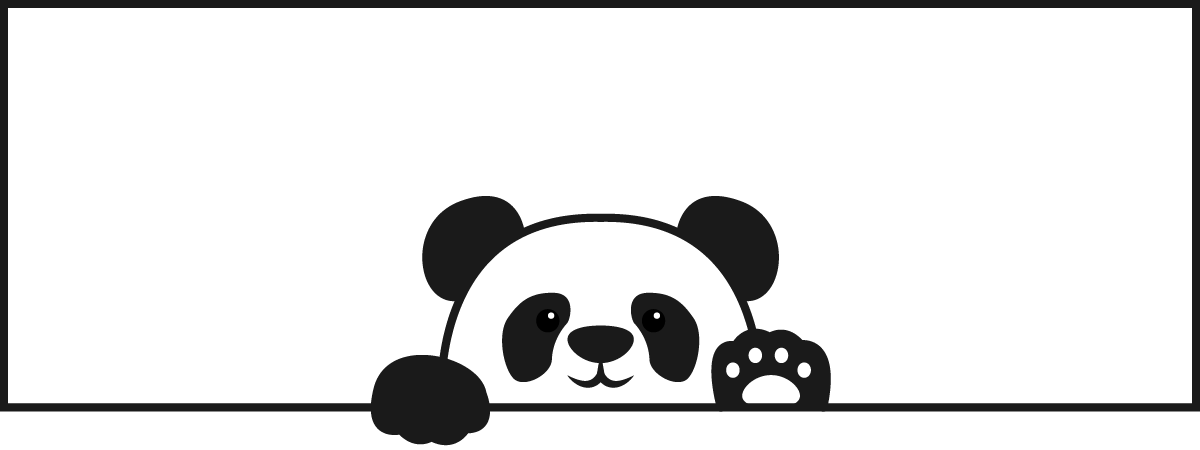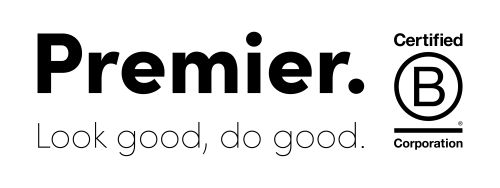Bamboo
The Jekyll and Hyde of materials.
In a world of sustainable, fake-news, plant-based, bunny-hugging, green-washing, biodegradable eco-activism actually knowing if the choices we make are genuinely “green” can be tricky.
Lots of “green” words are bandied around and even more opinions about what’s best are vocalised in marketing, media and social networks. Every brand suddenly has super-sustainable, zero-carbon, earth-friendly products bragging about being made entirely from the fluff found down the back of their sofa and that weird juice that collects at the bottom of your food recycling bin.
To be able to confidently talk about our range and to interpret what our supply chain are selling to us firstly we needed to understand it all. Separate the wheat from the chaff to coin an appropriate phrase.
By sharing our findings, warts and all, and by being transparent, we can not only offer a comprehensive range of eco promotional merchandise but also help to educate our customers and ultimately the wider audience. Allowing them to make informed decisions about how they do their bit.
Bamboo has just hit the headlines harder than Kim Kardashian divorce proceedings. Suppliers are pulling from the shelves faster than you can say non-compliance. Let’s put bamboo under the microscope…
Bamboo is a grass. When you harvest bamboo you aren’t killing a plant, you’re basically just mowing the lawn. Bamboo grows really fast. Some bamboo plants can grow 1 meter in a day.
Bamboo takes two forms… Natural wood and chemically processed fabric.
Bamboo as a fabric:
- Rayon: The general term for regenerated cellulose fibers. Rayon is considered a semi-synthetic material as the cellulose fibers are natural but always broken down using chemicals.
- Viscose: Regenerated cellulose fiber made from wood pulp or plants using the viscose process. The wood pulp is treated with chemicals, filtered, and then spun into thread
- Modal: A stronger version of viscose. Modal is often blended with other textiles, such as cotton and spandex, to make it even stronger.
- Lyocell: Similar to viscose and modal, but it is made using a different solvent. Lyocell is produced in a solvent-spinning technique called dry jet-wet spinning.
- TENCEL: The branded version of lyocell and modal. TENCEL is often considered the most sustainable way to produce cellulose fiber-based fabrics. It focuses on closed-loop production and using less resource-intensive processes.
Unprocessed = Good.
Bamboo absorbs 2x more carbon dioxide than trees, which is why they are known to act as carbon sinks. It also generates a vast amount of oxygen, totalling up to 30% more than most plants and trees.
Bamboo only takes 3-5 years to reach a point where it can be harvested, and as long as you harvest properly you can harvest it forever. This is much faster and more sustainable than trees which take years and years to grow to maturity.
Wood made from bamboo will biodegrade once thrown out. One thing to note is that artificial aspects such as finishes or paint will not be biodegradable.
Bamboo as a plant is naturally pest resistant, 100% biodegradable, antifungal and antibacterial.
Processed = bad.
Just because it is a “natural” material doesn’t mean it does not have a negative impact on the ecosystem and environment where it was made/grown.
Bamboo products are mostly imported. Which has a negative impact on the environment from transport. Flying bamboo in from China is very eco unfriendly.
Bamboo has been deemed by the EU to be unsafe to come in direct contact with food. Essentially it’s not food safe.
Many bamboo products are made with adhesives that contain formaldehyde, which can emit some toxic gasses.
Similar to other types of natural materials, bamboo wood needs to be transported. This causes pollutants to be put into the environment as a result of the shipping and transportation processes.
The FTC (Federal Trade Commission) has announced that the bamboo fabric takes too long to break down after disposal and therefore cannot be classed as biodegradable.
Lastly, why would you want to deprive a panda of its lunch?








